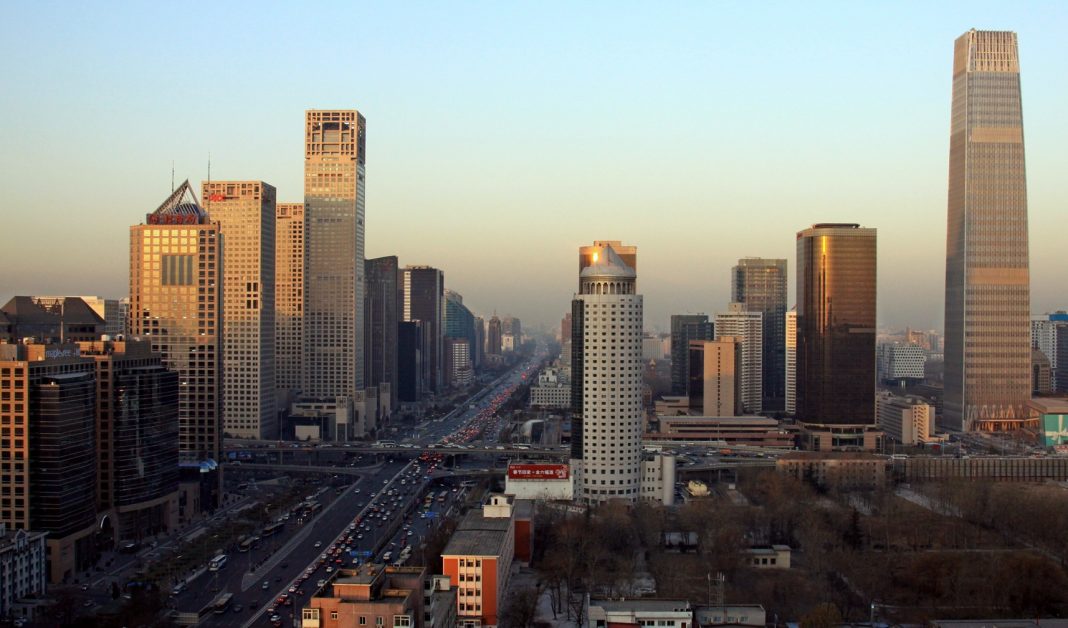BEIJING: Home prices in central China’s key metropolises stayed fixed in April, indicating upward stability in the housing market after several months of turmoil and volatility, thanks to decreased borrowing charges and a heap of state-led actions to resuscitate the sector.
Price movements and marginal drops
Based on official figures issued by the National Bureau of Statistics, published by the latest South China Morning Post report, the latest home prices across China’s four top-tier cities — Beijing, Guangzhou, Shenzhen, and Shanghai — continued to be unaffected from March, after a modest 0.1% rise in the preceding month. Second-tier cities also did not witness any price movement; however, third-tier cities suffered a 0.2% weakening.
Of the first-tier cities, Beijing and Shanghai gained slight improvements of 0.1% and 0.5%, respectively. In contrast, Guangzhou and Shenzhen witnessed marginal drops of 0.2% and 0.1%.
“This marks a phased victory for cities at all levels,” said Yan Yuejin, vice-president of the E-House China Real Estate Research Institute in Shanghai. “But sustained momentum in the second quarter will be key to maintaining this recovery.”
The market’s recent solidity came after a succession of easing measures. Previously this month, the People’s Bank of China dropped the mortgage rate for first-time homebuyers utilising housing provident reserves to a significant low of 2.6%. Temporarily, commercial banks have permitted an astounding 6.7 trillion yuan (US$929 billion) in credits to fund approximately 16 million housing units under the régime’s “whitelist” program for economically vital undertakings.
Beijing has been under a growing burden to resuscitate the real estate segment, a foundation of the Chinese economy, as export-driven seaside districts confront headwinds from shifting global demands and intensifying trade tensions, mainly with the United States.
Goldman Sachs stated in a report that supplementary policy backing, including added mortgage rate slashes, extended credit for “whitelist” ventures, and fast-tracked home-buying initiatives by local governments, could help lessen larger economic threats and sustain housing stability.
Return of buyer confidence
Investor sentiment seems to be improving. The Hang Seng Mainland Properties Index, which follows 10 key developers listed in Hong Kong, has climbed 10% so far this year. The wide-ranging CSI 300 Index, reflecting China’s prime publicly traded businesses, has also edged up by 2.7%.
While the path to complete recovery is still undefined, April’s statistics imply that China’s beleaguered property market may be creeping closer to a decisive moment, sustained by a synchronised policy push and a careful reappearance of consumer confidence.

